Being nice in the workplace matters. Civility has a tremendous impact on workplace dynamics, culture, and organizational performance. Maintaining a standard of respectful and courteous behavior may seem like a simple initiative, but the costs of incivility in the workplace can be severe. With added factors like remote working environments and the upcoming November elections, prioritizing workplace civility has never been more important.
A recent SHRM study on workplace incivility reveals an alarming trend: 33% of U.S. workers expect incivility to increase in the coming year. The data shows that, on average, employees encounter more than one act of incivility per day. What does this mean for your workplace, and how can you combat this growing issue?
The Costs of Incivility
The financial and operational costs of incivility in the workplace are well-documented, with a clear link between incivility and higher turnover rates. This turnover is costly not only in terms of recruiting, onboarding, and training but also in the loss of valuable institutional knowledge. Veteran employees play a crucial role in “setting the tone” for the workplace, and their absence can negatively impact productivity and morale, both in the short and long term. In cases of extreme incivility and/or a toxic work environment, organizations must also consider potential litigation costs and damage to their reputation.
Civility in an Election Year
Tensions are high due to the upcoming November elections. To maintain civility and an inclusive workplace, political discussions and references should remain separate from the work environment. These conversations can quickly become emotionally charged, leading to conflict that may increase turnover and reduce productivity in the long term. A recent study on politics in the workplace found that 45% of employees regretted engaging in political discussions at work, and over half viewed these discussions as counterproductive. Moreover, political-themed attire, pins, lanyards, and desktop “swag” just exacerbate tension.
But what about free speech? Private-sector employees are not protected by the First Amendment’s right to free speech in the workplace with one exception: the National Labor Relations Act (NLRA) explicitly states that employees have a right to discuss their working conditions, pay, benefits, and safety. This form of speech is considered protected speech. Employees and employers alike may be surprised to learn that political speech outside of what the NLRA exempts is not protected by the First Amendment and is not a valid justification for allowing political discussion in the office. Employers do not need to tolerate (and probably shouldn’t tolerate) political garb and gab in the workplace.
The Role of Digital Communication
With the rise of remote and hybrid working environments comes the possibility of miscommunications. Without in-person body language and other non-verbal cues, communication in the digital environment can become a breeding ground for incivility. Many of these conflicts arise from simple misunderstandings but are often based on the assumption that others can easily understand thoughts, ideas, and motives without further clarification. Simply put, showing up matters. Being approachable and available is valuable. Don’t assume people know what you mean or how you feel – it’s very hard to assess these things in a remote and hybrid environment. Video conferencing helps. Showing up, when possible, is better.
The Business Case for Civility
The economic advantages of a civil, respectful, and inclusive workplace cannot be understated. As earlier mentioned, the impacts of incivility commonly present themselves in high turnover rates, decreasing productivity, and low employee morale. The SHRM Civility Index reported that employees who experienced incivility in the workplace were three times more likely to be dissatisfied at work. Additionally, internal incivility can both directly and indirectly affect the customer experience.
Dissatisfied employees are more likely to let customer interactions suffer, which can lead to negative customer feedback and reduced loyalty. In turn, this impacts the organization’s reputation and overall performance, highlighting the crucial need for a respectful and supportive workplace environment.
But let’s not confuse disagreement and incivility. Disagreement, when approached properly, can be a catalyst for growth and development. Organizations and leaders should be prompt in addressing and ending incivility while fostering an environment where open discussion and differing viewpoints are encouraged. By handling disagreements constructively, organizations can promote a culture of respect and professionalism.
Strategies for Promoting Civility
Leaders must set the standard by demonstrating civil conduct consistently, often exceeding the expectations they establish for their employees. Leading by example is the most effective way to drive change. If you expect your employees to adhere to certain standards of civility, it is your responsibility as a leader to surpass those expectations.
Clearly state your expectations for your employees and yourself, as a team member. When issues of incivility arise, they must be addressed promptly. And when employees exceed those expectations, recognize them!
Training and development programs in ethics and interpersonal communication can also help, providing employees with a strong foundation upon which to build. These programs both enhance individual skills and contribute to a strong organizational culture.
Encouraging open dialogue also allows employees to voice their concerns and share their perspectives while providing a sense of accountability and the incentive for continuous improvement.
Fostering a civil working environment is crucial for maintaining and boosting productivity and workplace wellbeing. For additional resources, explore Berkeley Lab’s “IDEAs in Action: Workplace Civility” and, as always, The Workplace Advisors is here to support you and your organization in whatever is thrown your way.
Nicholas Ritchie, Recruiting Coordinator, The Workplace Advisors






